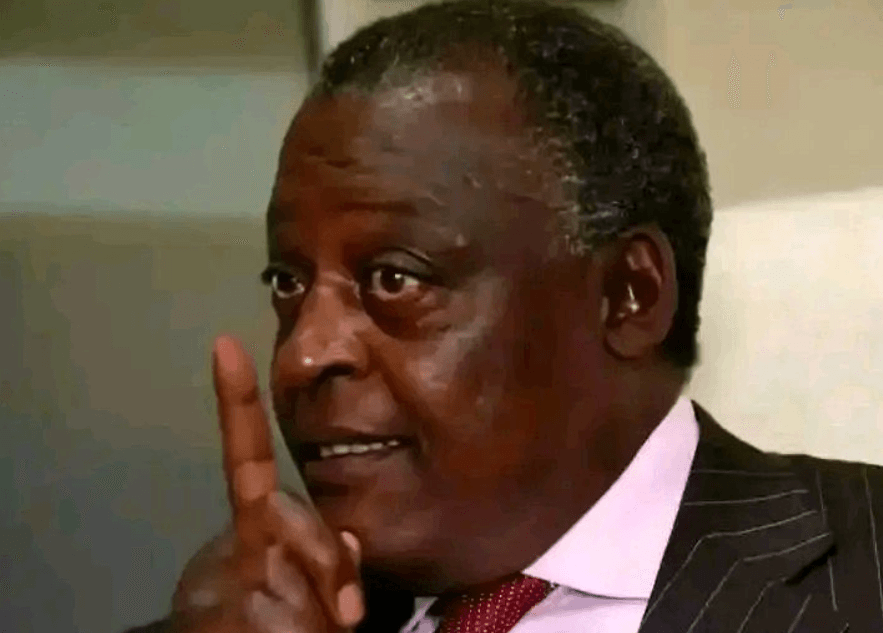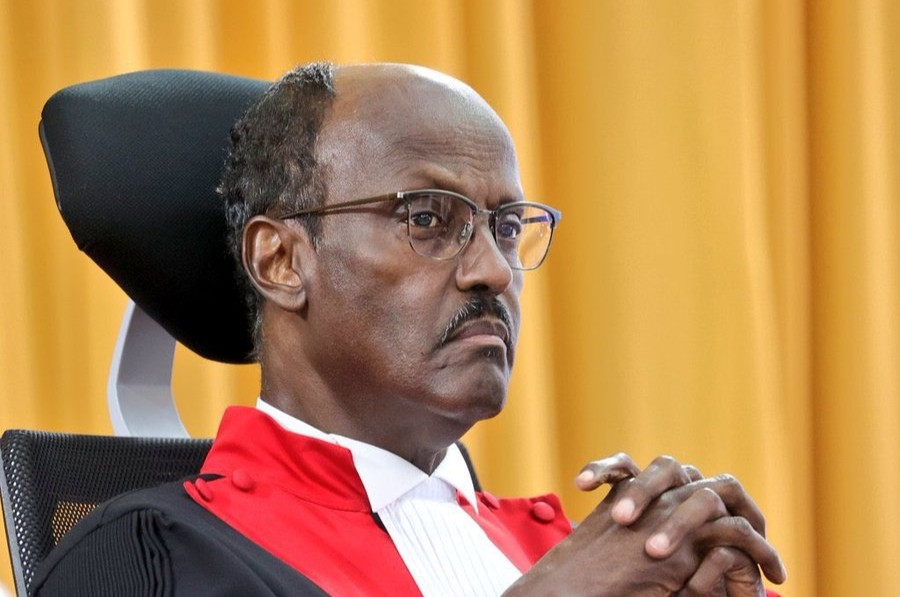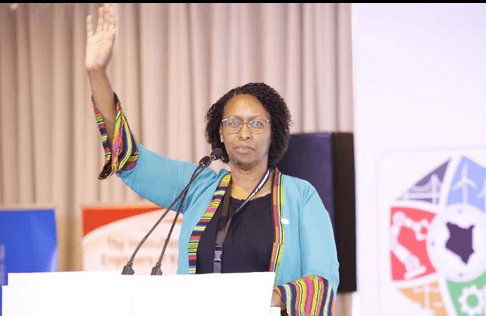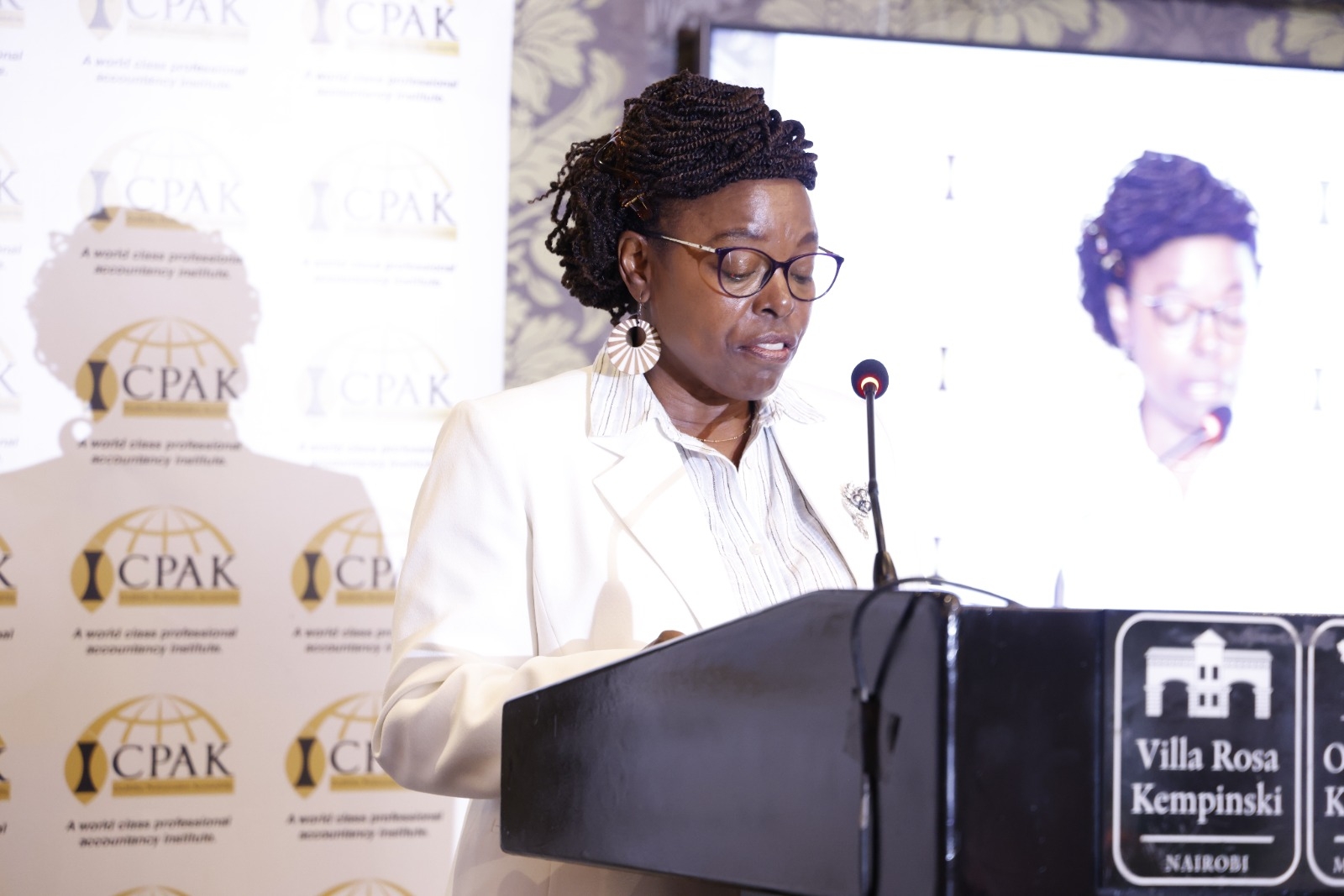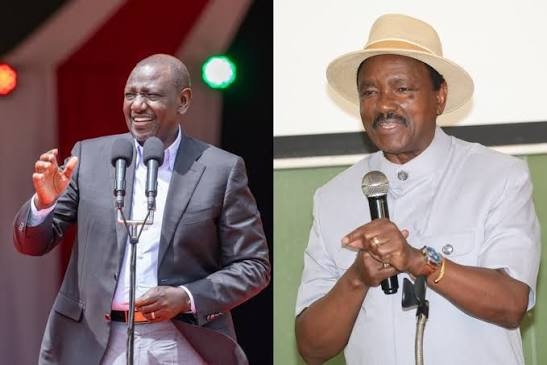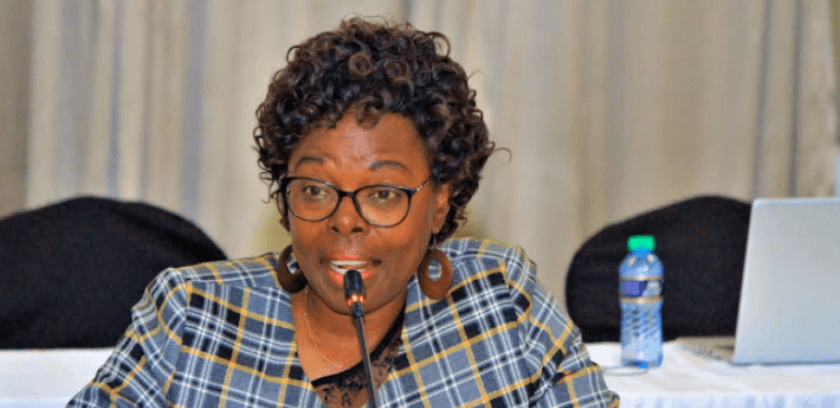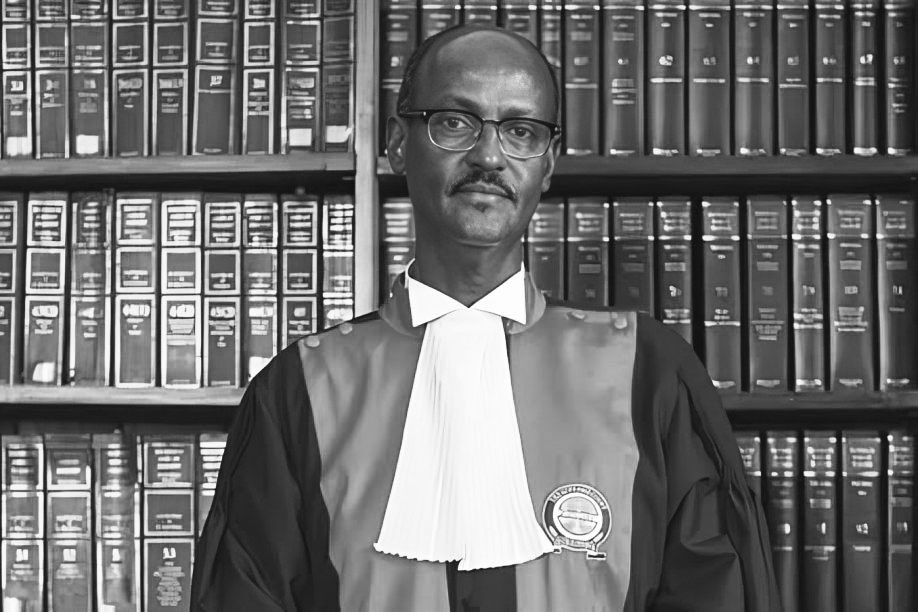Sports Tech Africa founder Kerubo Momanyi has underscored the need to establish research and innovation hubs in Kenya's talent-rich regions to elevate the country’s sporting standards.
Speaking during the signing of a partnership with Strathmore University on Tuesday, Momanyi emphasised these hubs could have in areas like the North Rift, renowned for consistently producing world-class athletes.
“Our primary goal is to establish research and innovation centres in talent gold mines like the North Rift, where the world's top athletes have emerged consistently over the years,” Momanyi stated.
“By setting up these hubs, we aim to identify and nurture top talent, ensuring that from a pool of 100 athletes, at least 10 make it through, with a few becoming exceptional, and possibly, one becoming a world record holder.”
Momanyi highlighted the crucial areas the technology the hubs will focus on, including performance tracking, athlete analytics and data storage.
“Technology plays a vital role in various aspects such as performance tracking, analytics and data management. We need localised research and innovation; relying on studies from other regions won't suffice for our unique needs,” she added.
She drew comparisons with countries like South Africa, where advanced tracking systems have significantly bolstered their rugby performance.
“South Africa's success in rugby is partly due to their robust tracking of players. This is what Kenya needs—tracking our footballers, athletes, swimmers and more to ensure sustained development,” Momanyi noted.
The partnership with Strathmore University, which has been at the forefront of sports technology, aims to harness young innovators' ideas to propel Kenyan sports to new heights.
“By partnering with an academic institution, we’re creating a digital hub where young Kenyans can share bold, innovative ideas tailored for our market,” Momanyi explained.
Richard Wanjohi, iLab Africa’s senior manager, stressed the pivotal role technology has played in the university's sports success.
“Two years ago, we integrated technology into our sports programmes, tracking everything from training schedules to matchdays and even analysing our opponents. This strategy has been instrumental in helping our football team qualify for the Division One League,” Wanjohi remarked.
Athletics coach Benard Ouma echoed the sentiments, underlining how science and technology are key to identifying and nurturing talent.
“Science and technology will ensure we properly identify and develop talent, which is crucial for maintaining Kenya’s sporting dominance,” Ouma said.
He urged all federations to adopt technology, pointing to Kenya’s performance at the recent Paris Olympics as a wake-up call.
“Before the Olympics, Nock launched a programme to increase federation participation, but out of 25, only six qualified, with just one—athletics—securing medals. This is a major issue,” Ouma observed.
“We need to strategise on how to get other federations to win medals at the Olympics.”
Kenya Rugby Union chairman, Alexander Mutai, noted that rugby has already embraced technology, with players using GPS vests at the Olympics to provide real-time data to coaches.
“While we've made strides by adopting technology, such as GPS vests for real-time data at the Olympics, we still need a comprehensive database to track player development from high school onwards,” Mutai emphasised.




